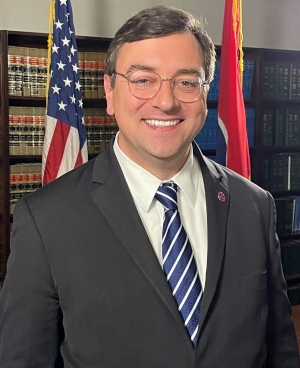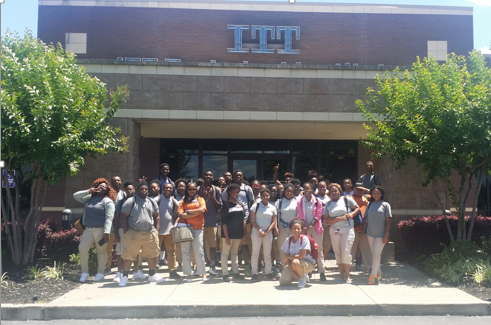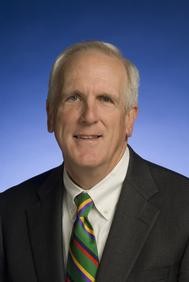Tennessee Attorney General Jonathan Skrmetti has called a recent ruling against technology corporation Google a “big win” for the state.
On Monday Judge Amit Mehta of the U.S. District Court of the District of Columbia “ruled that Google violated federal antitrust law,” a statement from Skrmetti’s office said. The lawsuit was originally filed on behalf of several states including Tennessee in October 2020.
Skrmetti said his office was part of the trial team that “proved Google is an illegal monopolist.” These members included J. David McDowell, Chris Dunbar, Austin Ostiguy, and Tyler Corcoran.
“After having carefully considered and weighed the witness testimony and evidence, the court reaches the following conclusion: Google is a monopolist, and it has acted as one to maintain its monopoly. It has violated Section 2 of the Sherman Act,” court documents said.
The court ruled that the tech company specifically violated Section 2 of the Sherman Antitrust Act on the grounds of “monopolization of their search and advertising business.” It acknowledged that search engines make money through digital advertisements, and that Google has dominated the market “for more than 15 years.”
“Google’s dominance has gone unchallenged for well over a decade,” documents said. “In 2009 80 percent of search queries in the United States already went through Google. By 2020, it was nearly 90 percent and even higher on mobile devices at almost 95 percent.”
Documents said Google has a major advantage over search engines such as Bing through default search engines or “search widgets.” The courts also said Google pays large amounts of money to secure “preloaded defaults” with browser developers, mobile device manufacturers, and wireless carriers.
The company argued that users choose their service over others because of their performance, and that they pre-load their browsers onto products such as Apple and Android for affordability. They also argued that due to the competitive nature of search-engine sites “barriers to entry are not as high as Plaintiffs claim.”
“We will continue to work alongside our AG partners and the Department of Justice’s Antitrust Division to protect consumers from Google’s anticompetitive conduct,” Skrmetti said.
United States Attorney General Merrick B. Garland said this is a historic win for the American people, and that this “landmark decision holds Google accountable.”
“No company — no matter how large or influential — is above the law. The Justice Department will continue to vigorously enforce our antitrust laws,” Garland said in a statement.
Google released a statement attributed to Kent Walker, president of Google’s global affairs, on X (formerly known as Twitter) saying the decision “recognizes that Google offers the best search engine, but concludes we shouldn’t be allowed to make it easily available.”
Walker said he appreciated the court acknowledging the trust that Google has garnered from consumers and that it is “superior” to rivals such as Apple and Mozilla.
“Given this, and that people are increasingly looking for information in more and more ways, we plan to appeal. As this process continues, we will remain focused on making products that people find helpful and easy to use,” Walker said.


 ITT Tech/Facebook
ITT Tech/Facebook  ITT Tech/Facebook
ITT Tech/Facebook 
 Ronnie Wu | Dreamstime.com
Ronnie Wu | Dreamstime.com